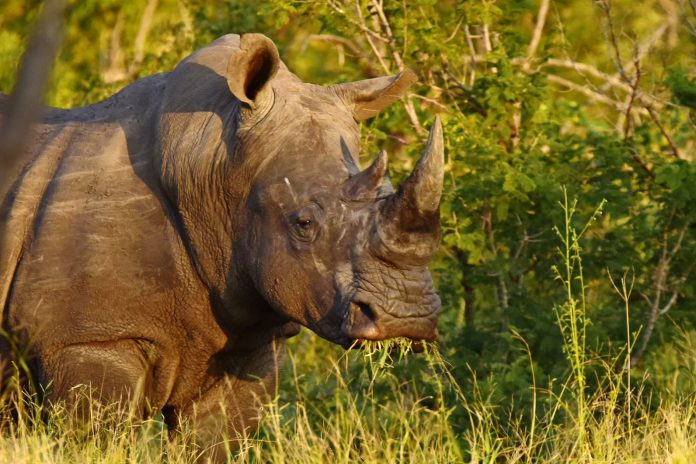The coronavirus pandemic is forcing us to think deeply about human beings’ relationship with the natural world on which we all depend for our survival.
Many commentators, including Inger Andersen, Executive Director of the United Nations Environment Programme (UNEP), say humans are putting too many pressures on the natural world. She has warned that failing to take care of the planet means not taking care of ourselves.
Sound and sustainable wildlife management is, therefore, likely to receive greater attention in the post-COVID-19 world. Here’s one example of an ongoing project in South Africa.
Kruger National Park, a flagship national park, is almost the same size as Belgium. It’s a haven for wildlife and a cornerstone of South Africa’s tourism economy but the park and the communities around its borders represent the global front line in the battle against rhino poaching: there are increasingly militarized clashes between park rangers and poachers.
One of the reasons for this is that rhino horn is worth more than its weight in gold, and for many impoverished people in rural South Africa and beyond, that’s an irresistible draw. Read more…



